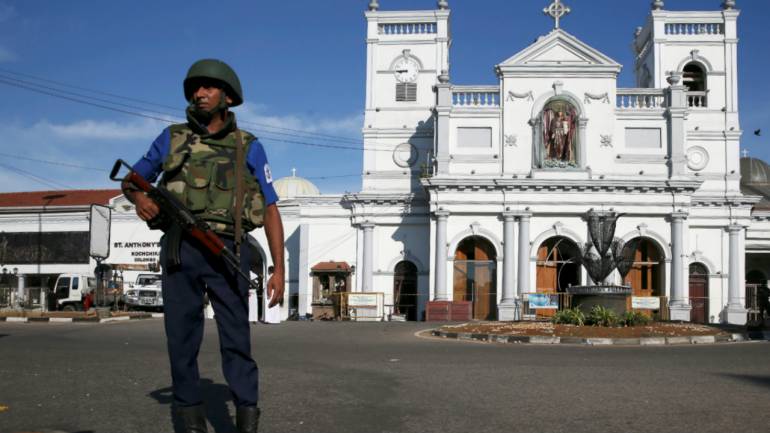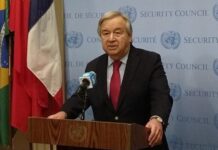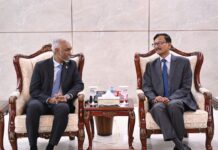COLOMBO: The UK and Australia have advised their citizens not to travel to Sri Lanka unless their journey is essential as terrorists were “likely” to carry out further attacks in the country, following the deadly Easter Sunday bombings that killed 253 people and injured over 500.
According to advisories, future attacks could be indiscriminate, including in places visited by foreigners.
In the immediate aftermath of the bombings, the The UK Foreign Office (FCO) updated its guidance, urging British citizens in the country to avoid large gatherings.
But on Thursday it went further, warning about the potential for more attacks.
“The Foreign and Commonwealth Office advise against all but essential travel to Sri Lanka, due to the current evolving security situation following attacks on April 21 2019,” it said.
“Terrorists are very likely to try to carry out attacks in Sri Lanka. Attacks could be indiscriminate, including in places visited by foreigners.”
Foreign Office officials told those at the briefing that the change to travel advice was not due to fresh intelligence but instead a necessary precaution.
The situation still remains volatile in Sri Lanka after nine suicide bombers, believed to be members of a local Islamist extremist group called National Thowheed Jamath (NTJ), carried out the blasts that killed 253 people and wounded more than 500 others.
The death toll from the Islamist attack on Easter Sunday was revised downwards on Thursday from 359 to 253 people killed.
Following similar warning from the UK, the US, Australia on Thursday warned more terror attacks were “likely” in Sri Lanka, cautioning citizens against visiting the island nation.
“Terrorists are likely to carry out further attacks in Sri Lanka,” the foreign ministry warned in its latest travel advice.
“Attacks could be indiscriminate, including in places visited by foreigners. Security has been stepped up across the island and a State of Emergency and night-time curfew remain in place,” it said.
The US State Department on Thursday again issued an advisory and warned that terrorist groups “continue plotting” possible attacks, with targets including tourist locations, places of worship and airports.
The blasts – the deadliest attacks in the country’s history – are likely to devastate the country’s tourism industry which had been thriving in the decade of peace since the end of the country’s civil war in 2009.
Tourism is a major source of income for Sri Lanka and the industry has only in recent years begun to recover after the 26-year civil war.
In 2009, there were 448,000 foreign visitors to the country, but since 2016, the figure has leapt to more than 2 million a year. PTI







